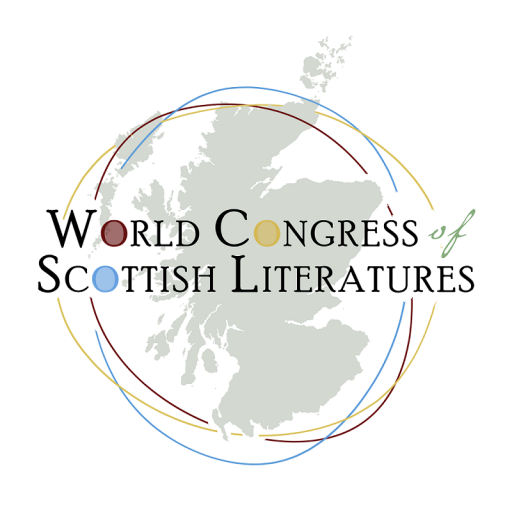‘Farewell, sad Field!’: Walter Scott, the Killing Fields of Europe, and Grounds for Remembrance
Critics have long recognised the structural significance to Scott’s writing of landscape aesthetics. More recently, however, the work of scholars such as Susan Oliver, has invited us to reassess our approach to the literary construction of the land in Scott’s work, and to read his poems and novels ‘as an archive of environmental as well as human history’. Susan’s approach has been informed by the work of eco-critics such as Timothy Morton, who argues that we are immersed in a ‘natural world’ that does not allow us the vantage point of objectivity; what affects humanity must affect the biosphere and vice versa. Such approaches provide a thought-provoking and valuable new way of engaging with Scott’s work. My paper will consider these ideas in relation to The Field of Waterloo and suggest that Scott’s literary attention to issues of landscape and environment offers an alternative means for reading, assimilating and coming to terms with the powerful forces of history. Paying attention to how Scott presents the land in The Field of Waterloo adds to our growing sense of him as a person keenly attuned to the land and man’s intimate and interconnected relationship with it.
Ainsley McIntosh, University of Aberdeen, Scotland
